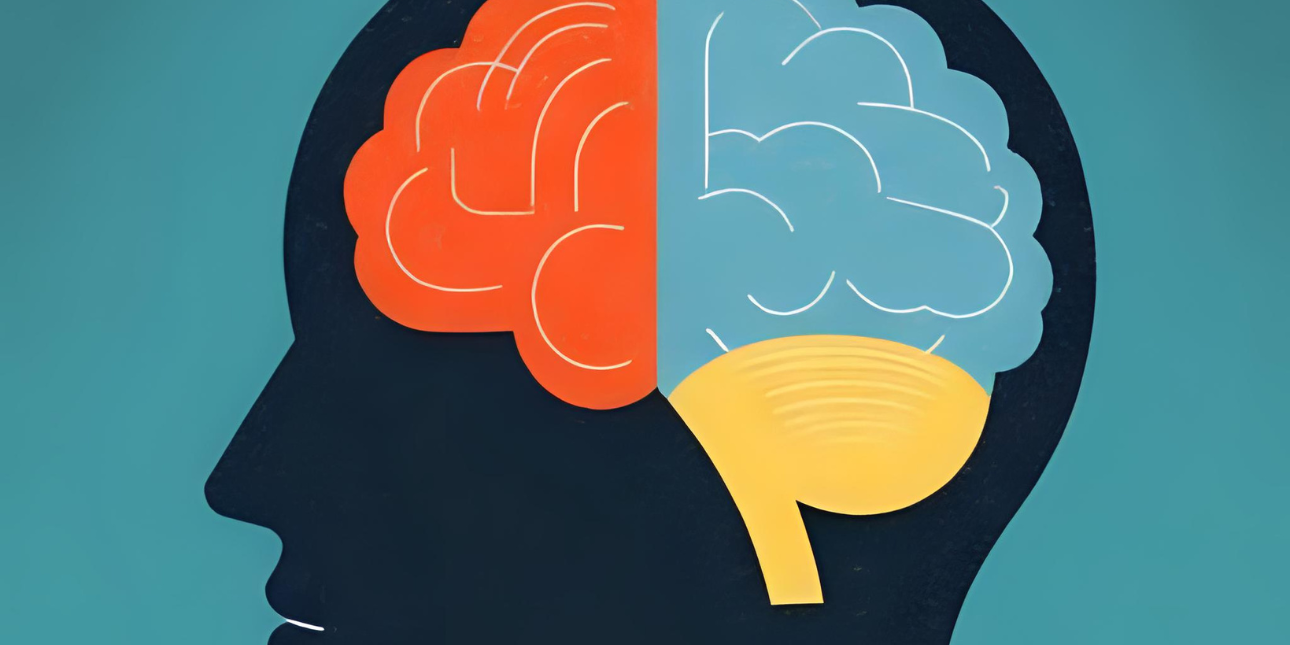Have you ever spent time and energy carefully crafting a thoughtful social media post, only to get steamrolled by replies that range from snarky to downright hostile? Yeah, same. It's not just the chaos of online discourse that's disheartening – it's the sense that folks aren't even trying to engage in thoughtful dialogue. But what if there's more going on than just ignorance or intellectual laziness? One explanation points to the psychological phenomenon of confirmation bias.
🧠 The Brain's Shortcut Map - Understanding confirmation bias and its impact on how we interpret others
I think of confirmation bias as the brain's shortcut map. It's handy for making quick and efficient judgments, but it's not always accurate. In Why Don't They Get It? Overcoming Bias in Others (And Yourself), Brian McLaren calls confirmation bias our instinct to judge new ideas by how comfortably they fit our old ones.[1] Adverse reactions to well-reasoned positions are not necessarily the result of ignorance. It's less "yOu'Re wRoNG!" and more "this doesn't vibe with my framework." In other words, it is much harder for someone to respond positively, much less entertain a new position, if they already hold a very different worldview.
😬 It's Not Just Them—It's Me Too - Owning our own bias before pointing fingers at everyone else
Here's the humbling truth—I'm just as prone to confirmation bias as anyone. Sure, I'm not firing off rude comments, but if I've ever scrolled past a post muttering "ugh, that's a dumb take," well... guilty as charged. So, what is the best way to overcome confirmation bias in myself and others?
🚧 Bias Isn’t Always Bad - Our brains deserve respect—but not blind trust
First, I have to acknowledge that confirmation bias can be helpful. After all, it is an automatic survival skill that helps us instantly recognize threats to what we know to be true. It is our built-in, instant (albeit fallible) bull**** detector. I should respect my bias while recognizing that it is no substitute for disciplined study.
🔍 Study, Don’t Just Scroll - Doing the hard work of learning
Accordingly, I have learned that a better use of my energy is focusing on exploring what I can learn rather than arguing or ruminating on what others believe. For me, this priority is a matter of integrity. If I spend a lot of time focusing on what others believe, I may not give enough attention to ensuring that I have the most reliable information available to me.
🤝 Disagreeing with Integrity - Taking opposing views seriously while standing firm against harm
It also means that when I find myself disagreeing with someone, I should take their view seriously and do my best to incorporate it into my cognitive "databank," if anything, as an opposing viewpoint to explore. Don't get me wrong, I don’t believe all views should be entertained, especially those that are expressly bigoted and hateful. That said, I believe it is better for me to call people into dialogue instead of calling them out.
🔄 Change as a Relational Process - Overcoming bias isn’t about fixing people—but reshaping how we relate
Finally, when it comes to communicating with others, I can lead with openness and curiosity, assuming that most people operate reasonably within their framework. At the same time, I can share what I know with humility while inviting connection. One strategy for addressing confirmation bias in this way comes from Peter Coleman's book, The Way Out: How to Overcome Toxic Polarization. The author suggests that if someone is serious about overcoming bias in other people, they should stop treating others like broken clocks in need of fixing. Instead, they should view change as a relational process that involves listening, facilitating healthy dialogue, and seeking ways to reshape how people interact with one another.[2] Those are some of the things that I am trying to do at BetterDiscourse.Life, if you haven't noticed 😉
I'll be honest, overcoming confirmation bias is not easy, and it would be asking a lot for others to conform to the expectations I set for myself. However, if you share a similar desire to see better discourse around complex topics, I invite you to spend some more time on BetterDiscourse.Life reading, studying, or even contributing your sources on a topic. And, if you would like to learn more about overcoming bias, check out Brian McLaren's free eBook here.
Curious to challenge your own thinking? Here's a great place to start.

